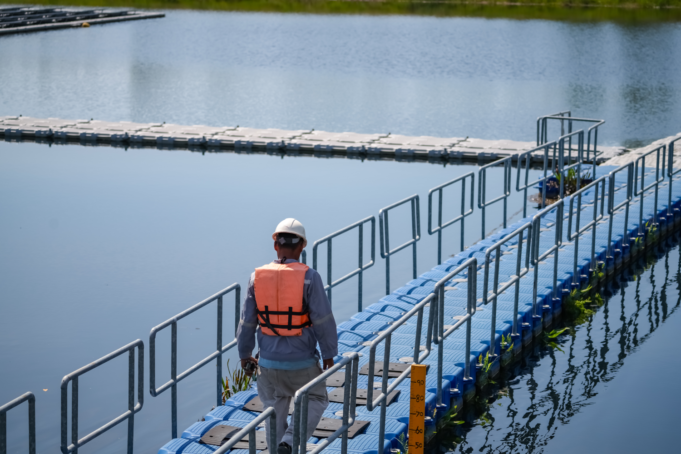Water Treatment is going through a radical shift towards developing more environmentally resilient technologies from both public-private partnerships and venture capital. After all, where the public sector lacks, private industry can often thrive. But is that necessarily a good thing?
Privatization introduces a competitive market environment. Private firms invest in more cost-effective and innovative technologies, passing on the benefits to consumers through improved services at competitive prices. Additionally, privatization will alleviate the financial burden on some strained public entities, allowing them to redirect resources to other critical areas such as infrastructure upkeep. This shift not only promotes economic growth but also enhances the quality of water treatment services equitably for everyone.
Public-Private Partnerships (PPPs) blend the strengths of both sectors, offering an effective model for water treatment advancements. These partnerships allow for leveraging private sector investments and expertise while maintaining public oversight and regulation. PPPs often lead to better resource allocation, operational efficiency, and service delivery in water treatment. The economic advantage of such collaborations is significant, as they enable the implementation of high-cost infrastructure projects without placing undue financial strain on public funds.
Venture capital plays a pivotal role in driving innovation in the water treatment sector as well. By funding start-ups and new technologies, VCs promote a culture of innovation, necessary for developing advanced, cost-effective treatment solutions. These investments often lead to the development of breakthrough technologies that can significantly reduce operational costs and improve efficiency for specialists worldwide.
One of the standout benefits of privatization in water treatment is how it transforms operations to be more effective and efficient. Private companies, driven by a commitment to high performance, often surpass the traditional methods of public sector organizations by adopting the latest technologies and smarter management practices. This modern approach usually leads to lower operational costs, more responsible use of resources, and less waste. This heightened efficiency doesn’t just help the companies; it directly benefits the customers they serve and plays a key role in building a more economically sustainable future for water treatment.





